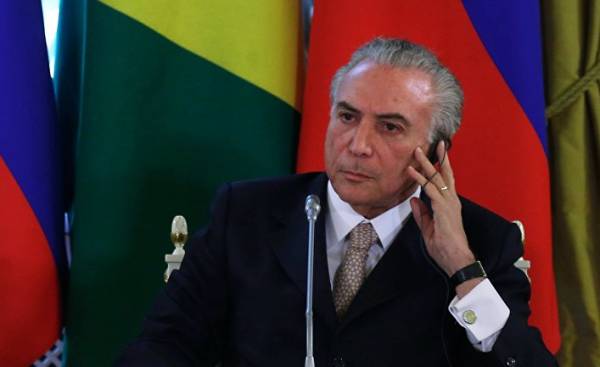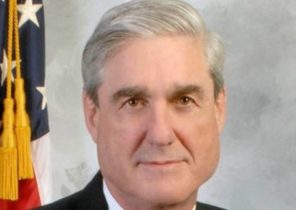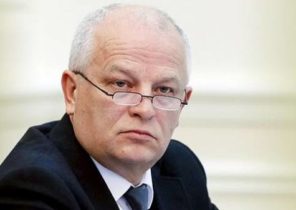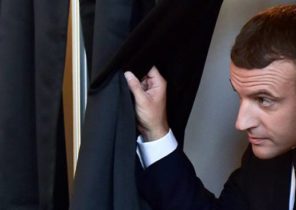
Regardless of the outcome, which began last Tuesday (6 June) the meeting of the Supreme electoral court of Brazil (TSE) — whether acquittal or a request for more detailed familiarization with the case remaining before the elections of 2018, the months can end the cycle of instability which has been started by the explosion of street protests in June 2013.
It would be — a sigh of relief or a scandal — it remains to be seen. Unless, of course, we are not talking about the next systole of the political process, the intermediate peak in a never-ending sequence of events. In the event of a fall Temer, followed by the Constitution’s indirect election (direct election to appoint TSE, apparently, can’t do it; the proposal of constitutional amendments is not viable), we should hardly expect something else than continue the known script, change only the name of the main character.
However, today we this name is not known, given the tense relations between the frenzied crowd of congressmen seeking to establish mob rule, and political mastodons, which are almost all wounded and the other mortally in the course of “operation car Wash”.
If Temer will remain, it will be a miracle that will last until some new revelations, be it audio recording or other evidence of his treachery. It’s only a matter of time. But in General “reformist government” will have to settle for a more modest agenda — this is the opinion of the market, and parliamentarians looking forward to the election, afraid that their names will be linked with any “pranks”.
At the same time strengthens the idea that — to paraphrase Prime Minister Theresa may — “we have had enough”. Crushed by the crisis of the middle class yearns to breathe in a more healthy economy without reform, the unions of the workers ‘ Party (PT) bit will subside, and investors dream of at least a minimum of predictability of events up to the end of the term of Temer (President or not).
There is, however, more volatile component of this crisis, namely, the clash between the judiciary, the police Association and the political world, which characterizes the Brazilian public debate since the beginning of operation “car Wash” in 2014. Policies of legislative and Executive authorities wish to put an end to this long-term pressure, and the plan they have already matured and awaiting a favorable moment for its realization — such is the conclusion of the term of office of the Prosecutor General Rodrigo Jano in the long-awaited September. But the main problem is that this will be followed by: “separating the grain from the chaff”, in which the holders of a slush Fund tries to wriggle out of responsibility.
That’s when we’ll know whether the monster, awakened in 2013, with some forces. Some politicians fear that by poking the monster with the same stick, they again disturbed him. Many are willing to take the risk, although often their thoughts are occupied only future pre-election debates: in the medium term, the print operation “car Wash” does not wash off. Others are afraid of losing control over the situation, when a weak President under pressure may resign, bringing thereby the election, to be held in the most catastrophic conditions.
No one — and let the PT calls for direct elections would not mislead us — wants. Is it possible? Ready to turn Brazil into Argentina 2001? Or she will be able to come to agreement, essentially immoral, but apparently inevitable, and the country will limp to the elections of 2018, trying to keep the economic nose above the water surface?
Neither of these scenarios is attractive not called.







